Courses
All Courses
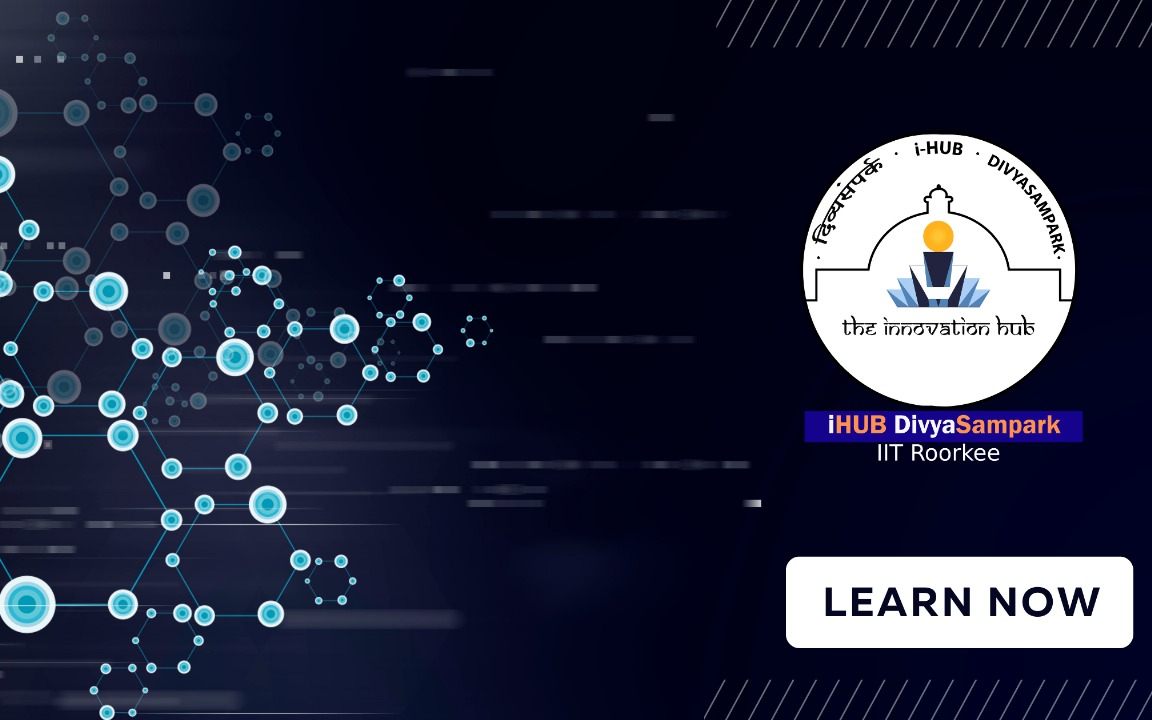
Certificate
Rs. 94,449/-
Advanced Certificate Program in Electric Vehicle Design
The Advanced Certificate Program in Electric Vehicles by iHUB DivyaSampark, IIT Roorkee and Intellipaat
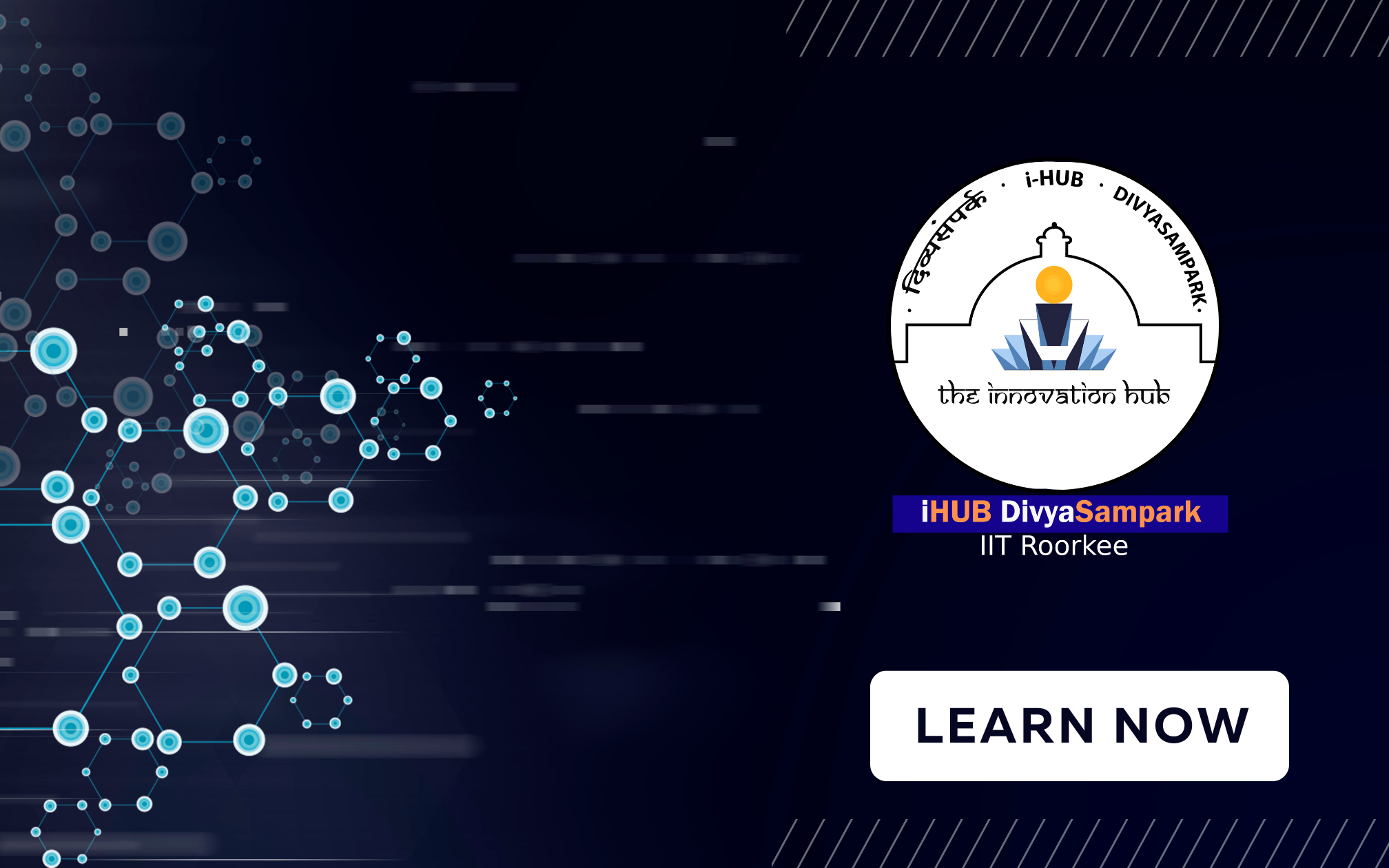
Certificate
Rs. 1,55,000 + GST/-
Advanced Certificate in Patent Search, Analysis & Mapping
1 Live Online Class per Week (6 Months) Plus 2 Practical Exercises Weekly
 LawSikho
LawSikho
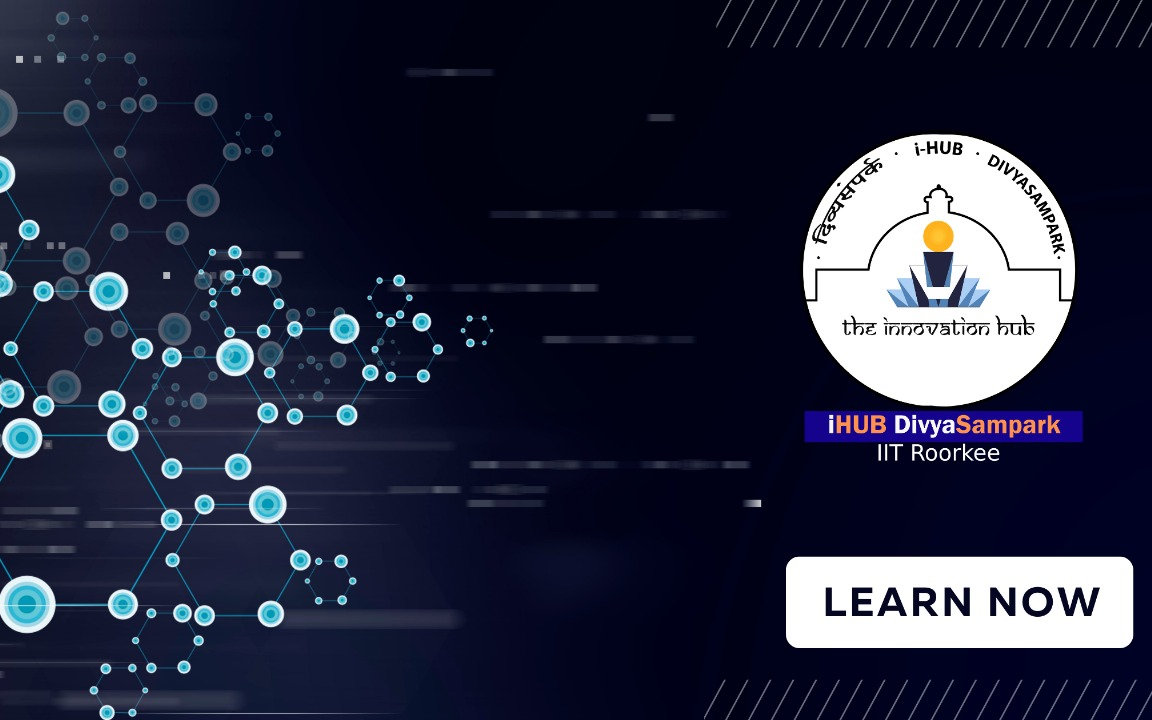
Certificate
Rs. 90,003/-
Advanced Certification in Cloud Azure and DevOps
In collaboration with IBM and Microsoft

Certificate
Rs. 90,003/-
Advanced Certification in Cloud Computing and DevOps
In collaboration with IBM
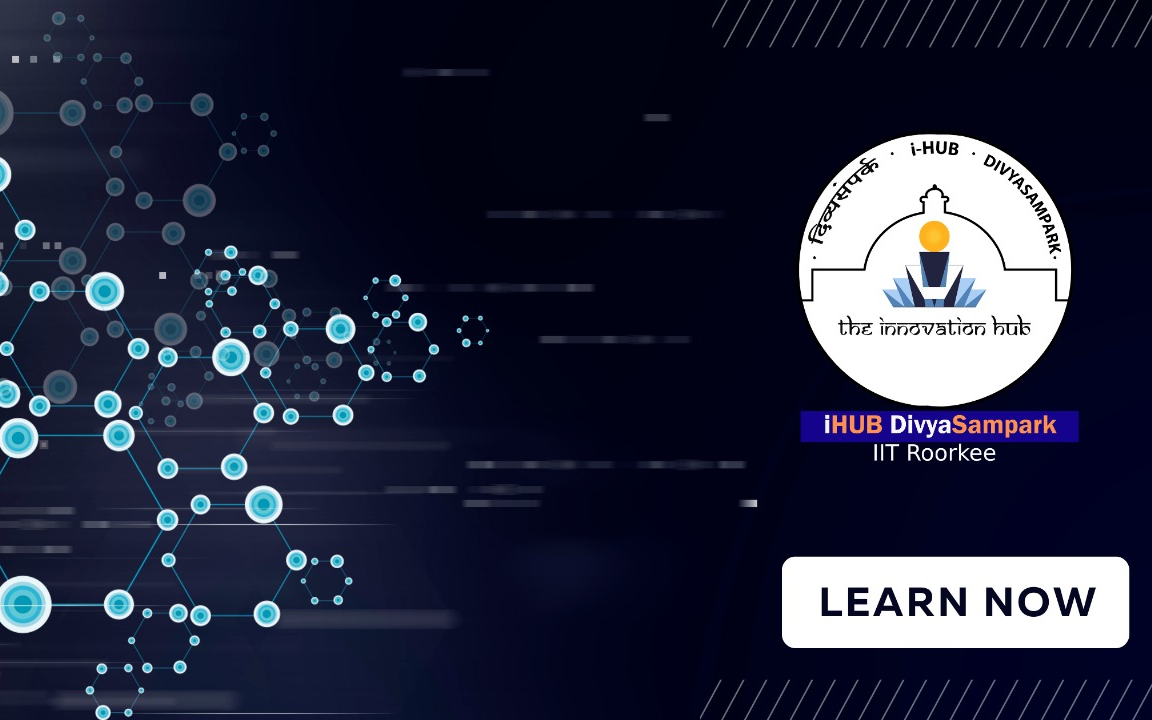
Certificate
Rs. 65,000 + GST/-
Advanced Certification in Data Science and AI
Learn Data Science and AI from IIT Faculty with Campus Immersion @ IIT Roorkee
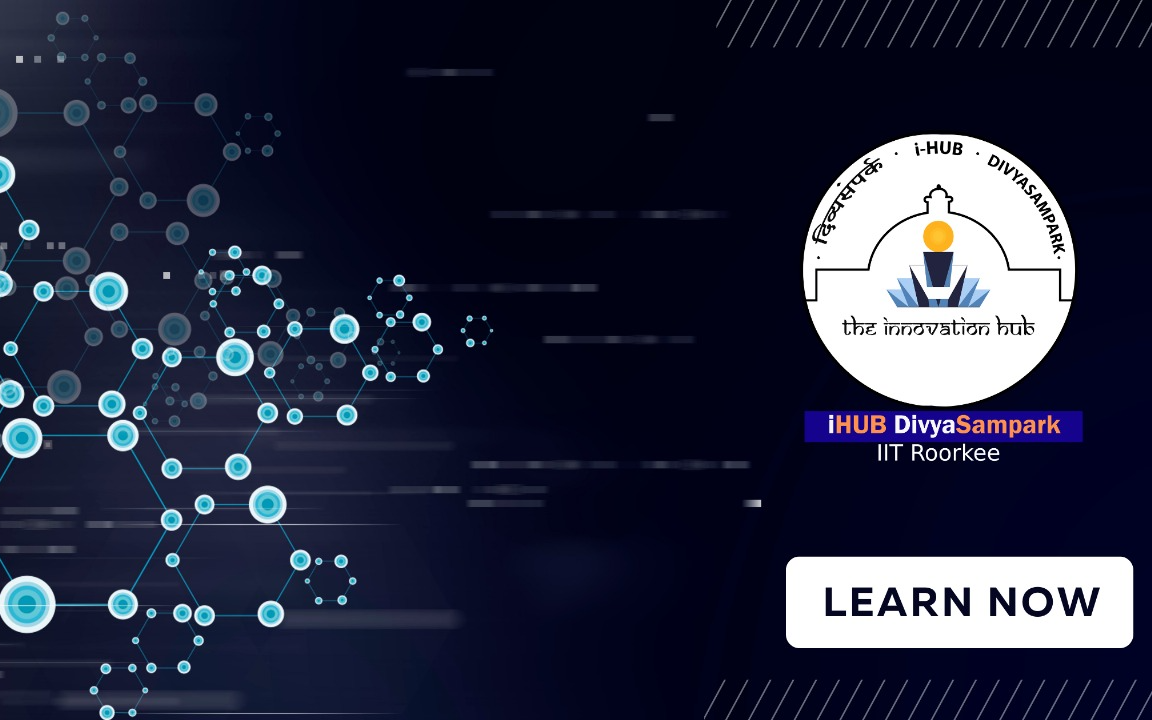
Certificate
Rs. 60,000 + GST/-
Advanced Certification in Full Stack Web Development
In collaboration with Microsoft
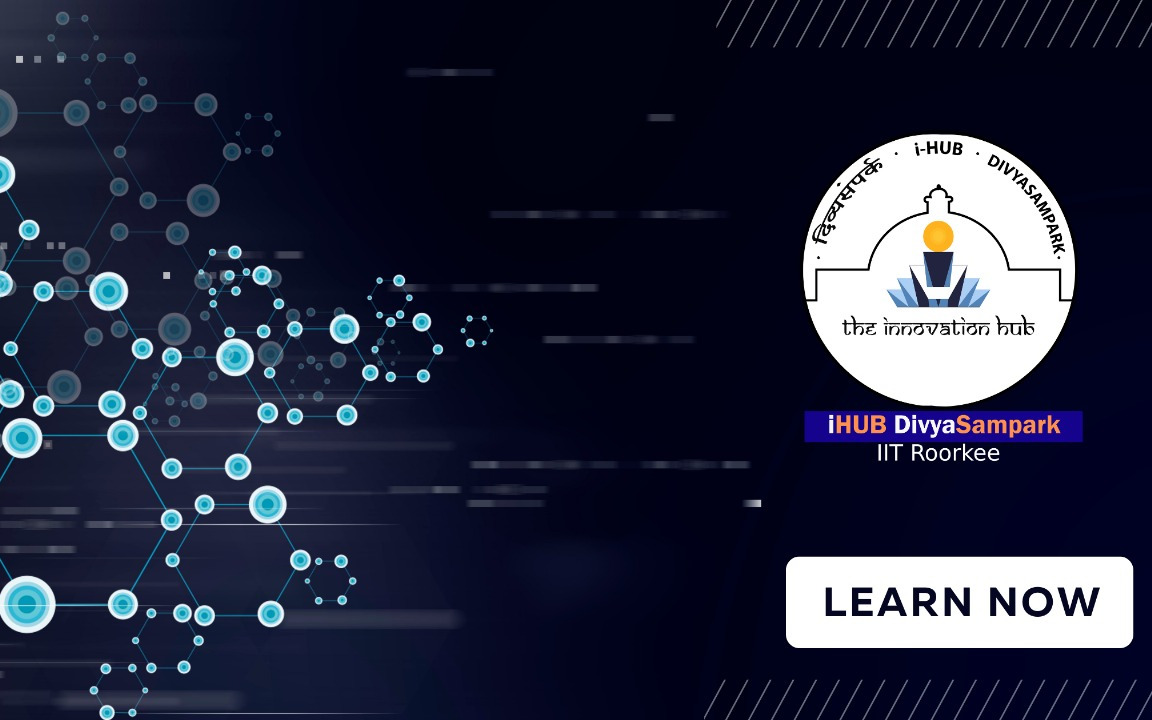
Certificate
Rs. ₹60,000 + GST*/-
CYBERSECURITY AND ETHICAL HACKING WITH APPLIED AI
6 Months | 4-5 hours per week
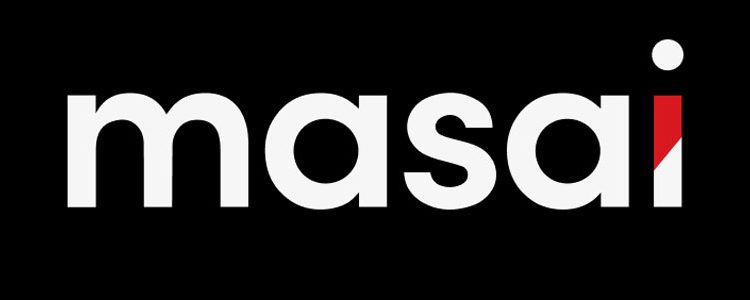 MASAI
MASAI
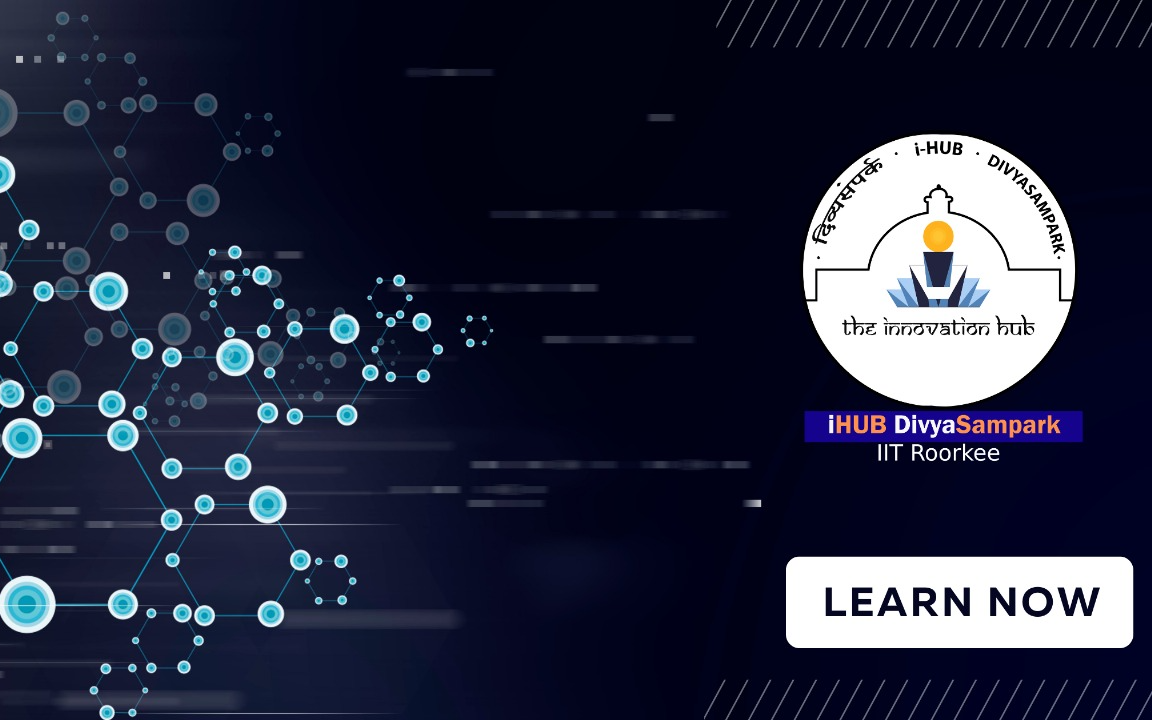
Certificate
Rs. 1,55,000/- + GST/-
Certified International Market Entry Specialist
1 Live Class per Week (6 Months - 24 Weeks) Plus 2 Practical Exercises Weekly
 LawSikho
LawSikho

Certificate
Rs. 11,000/- (inclusive of GST)/-
Deep Learning for AI: Mastering Neural Networks
Duration: 4 Months (68 Hours) | Mode: Online
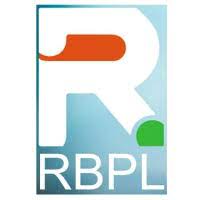 RBPL
RBPL

Certificate
Rs. 1,55,000 + GST/-
Executive Certificate Course in Financial Automation and Analytics
1 Live Class per Week (6 Months - 24 Weeks) Plus 2 Practical Exercises Weekly
 SkillArbitrage
SkillArbitrage
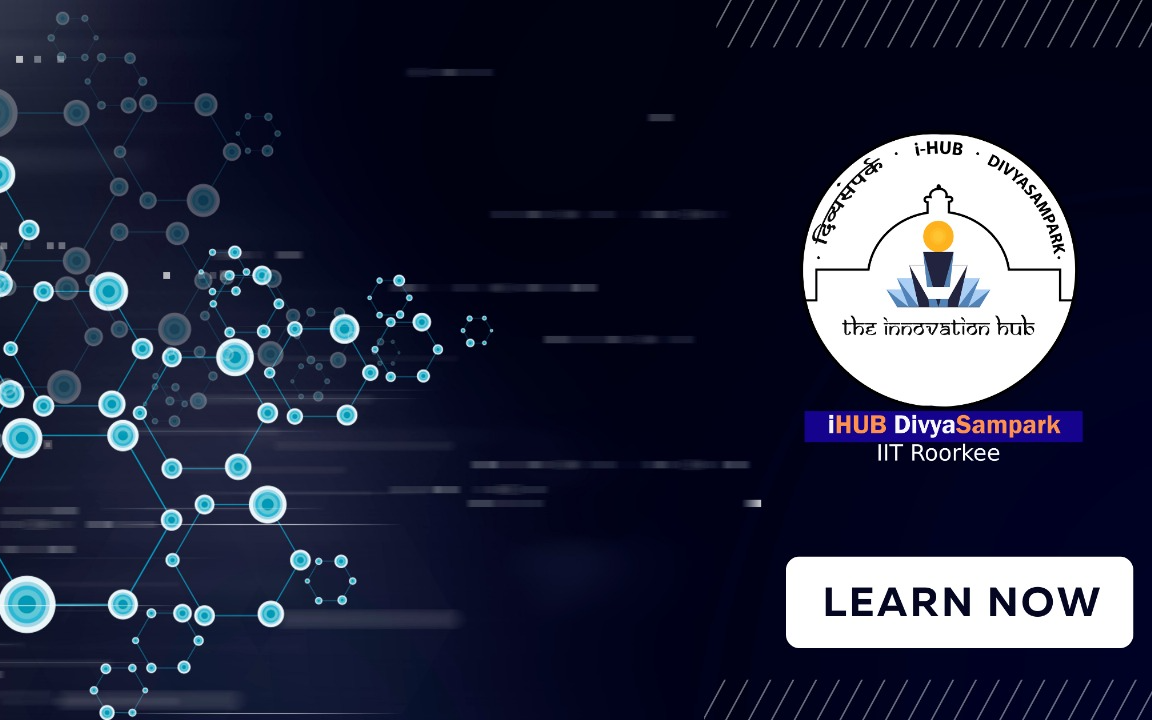
Certificate
Rs. 1,55,000 + GST/-
Executive Certificate in AI-Driven Litigation & Drafting
1 Live Online Class per Week (6 Months) Plus 2 Practical Exercises Weekly
 LawSikho
LawSikho

Certificate
Rs. 1,55,000 + GST/-
Executive Certificate in AI-Powered Research Automation, Publication Management & Policy Analysis
1 Live Online Class per Week (6 Months) Plus 2 Practical Exercises Weekly
 SkillArbitrage
SkillArbitrage
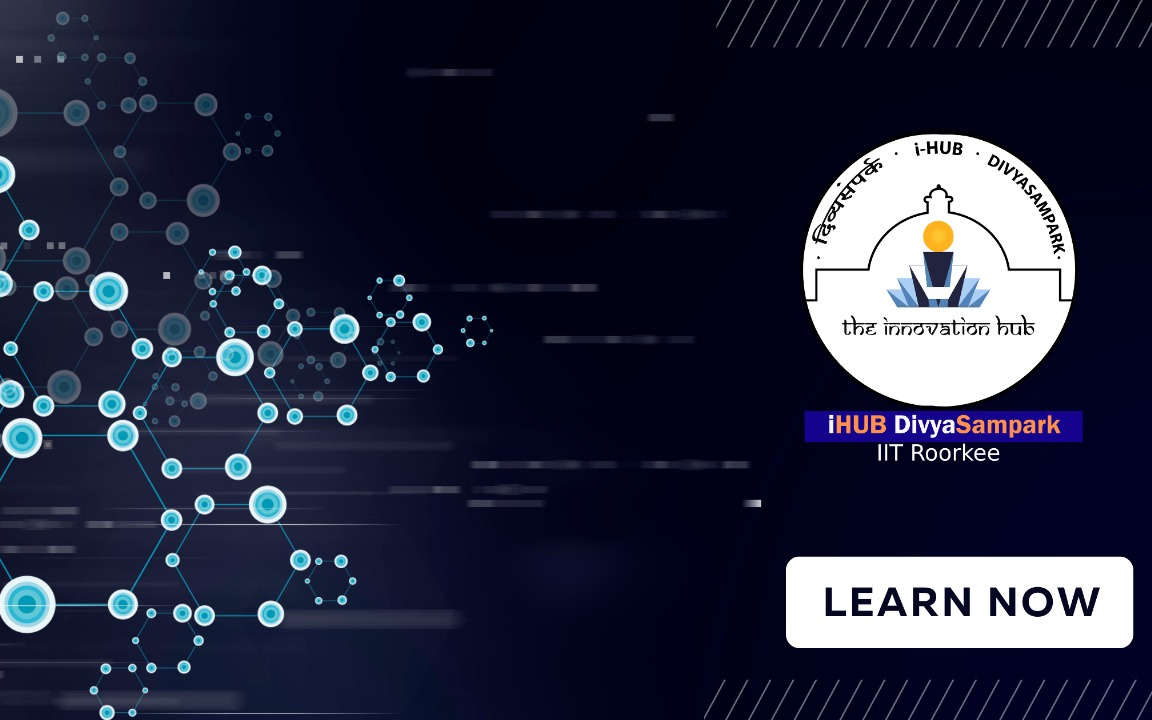
Certificate
Rs. 1,55,000 + GST/-
Executive Certification in AI Orchestration and Business Automation
1 Live Online Class per Week (6 Months)
 SkillArbitrage
SkillArbitrage

Certificate
Rs. 2,00,000 + GST/-
Executive Certification in ASIC Verification
9 Months
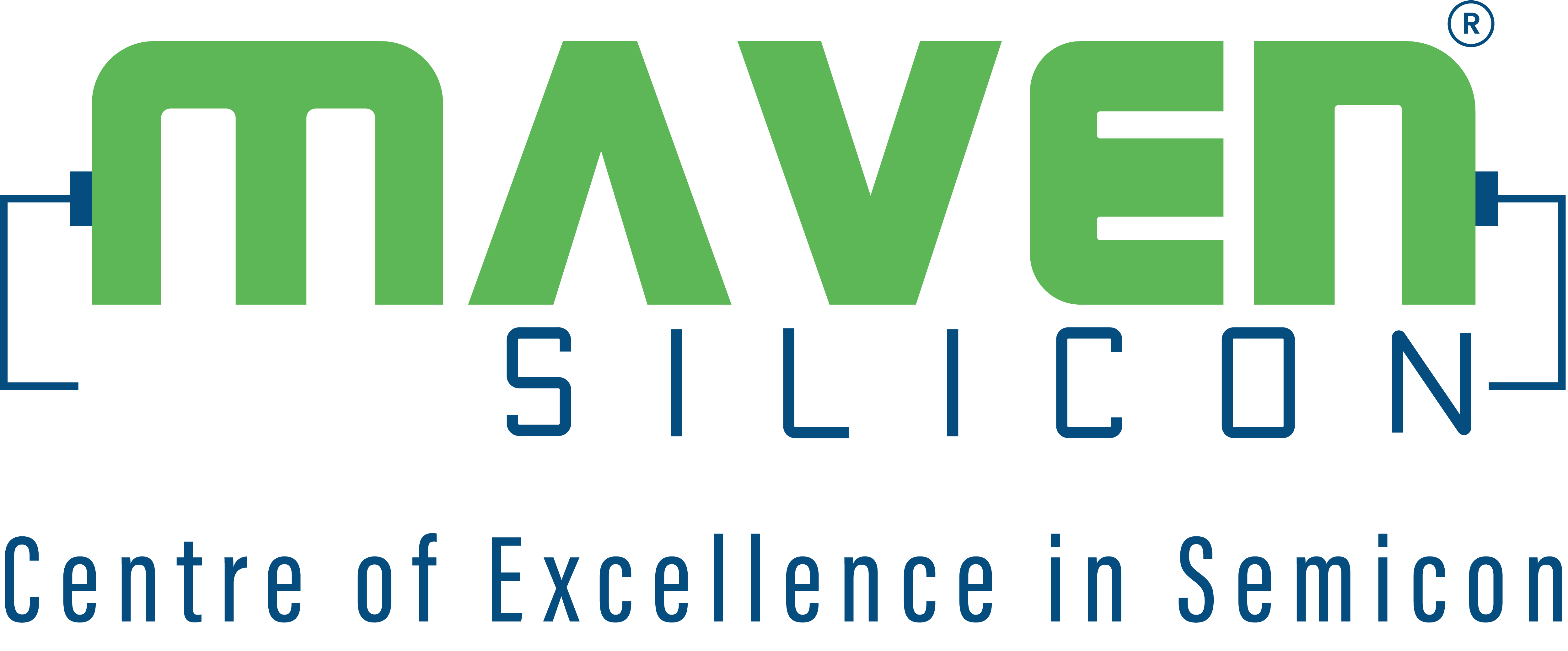 MAVEN silicon
MAVEN silicon
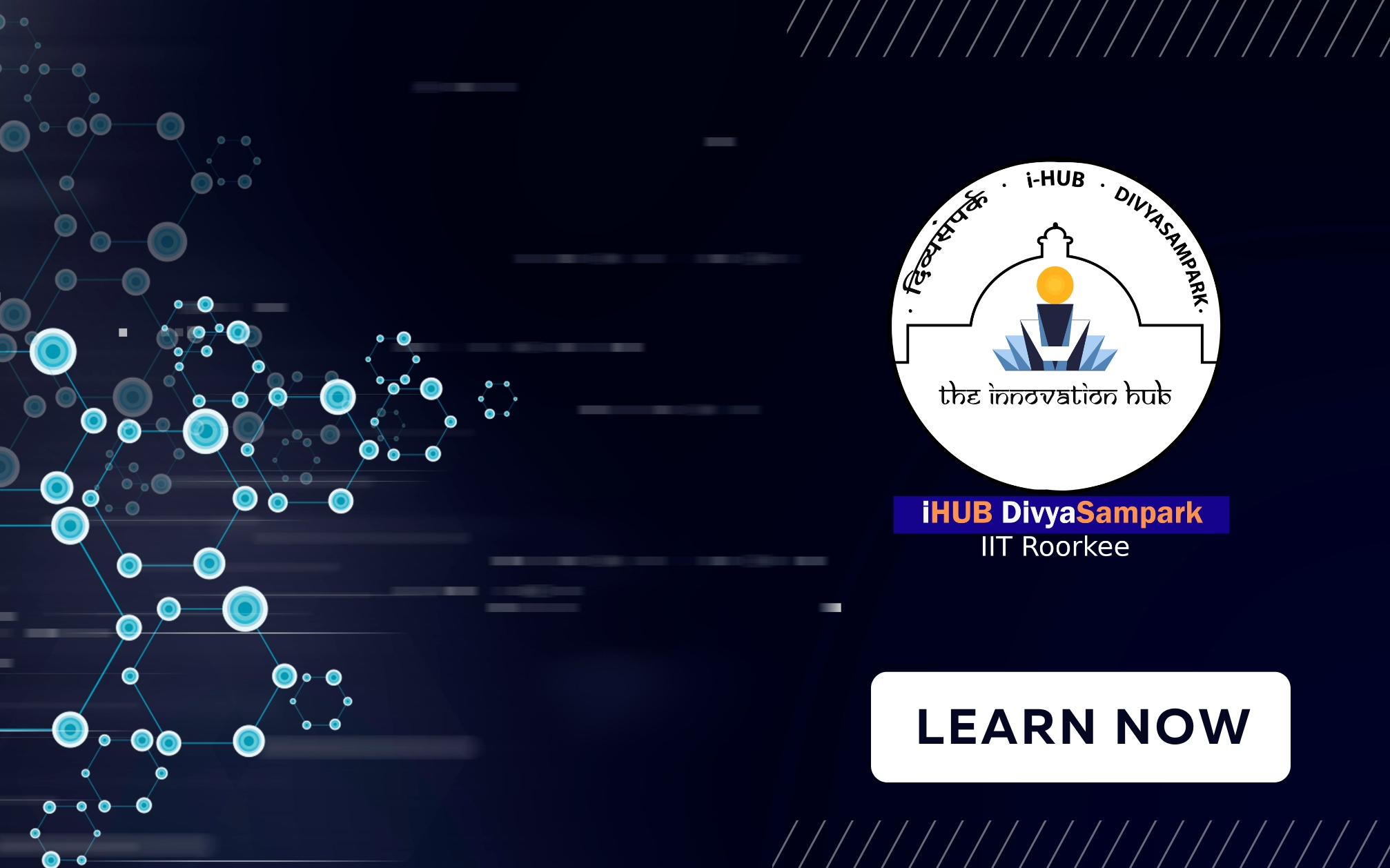
Certificate
Rs. 1,55,000/- + GST/-
Executive Certification in Applied Investment Banking, Fundraising & Deal Advisory
1 Live Class per Week (6 Months - 24 Weeks) Plus 2 Practical Exercises Weekly
 SkillArbitrage
SkillArbitrage

Certificate
Rs. 1,55,000 + GST/-
Executive Certification in Corporate Governance, ESG and AI Safety
1 Live Online Class per Week (6 Months)
 SkillArbitrage
SkillArbitrage
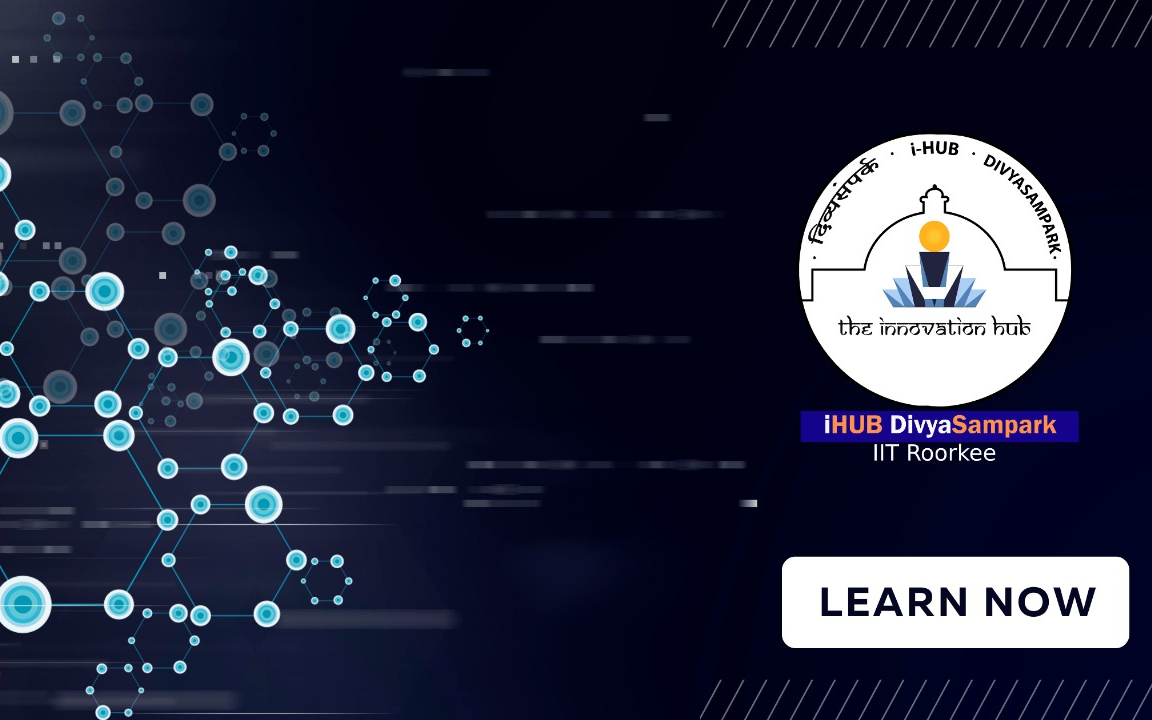
Certificate
Rs. 1,55,000 + GST/-
Executive Certification in Financial and Accounting Automation
1 Live Class per Week (6 Months - 24 Weeks) Plus 2 Practical Exercises Weekly
 SkillArbitrage
SkillArbitrage

Certificate
Rs. 2,00,000 + GST/-
Executive Certification in Physical Design
9 Months
 MAVEN silicon
MAVEN silicon
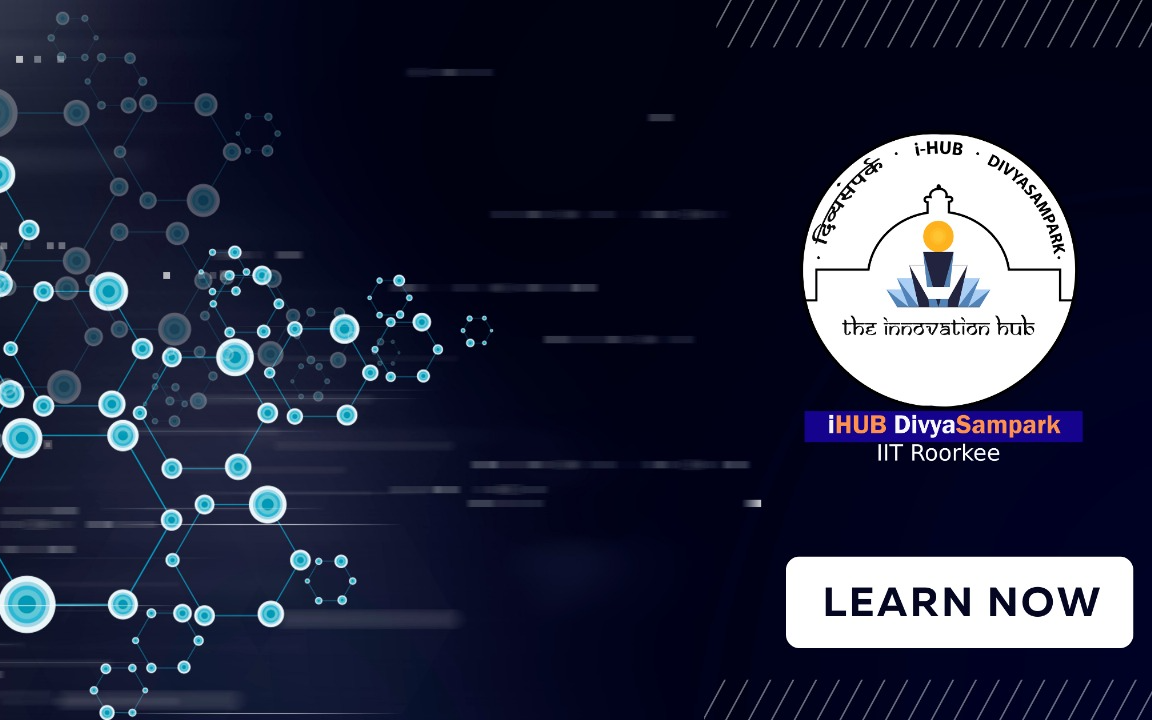
Certificate
Rs. 1,50,000 + GST/-
Executive Certification in RISC-V IP Design
9 Months
 MAVEN silicon
MAVEN silicon
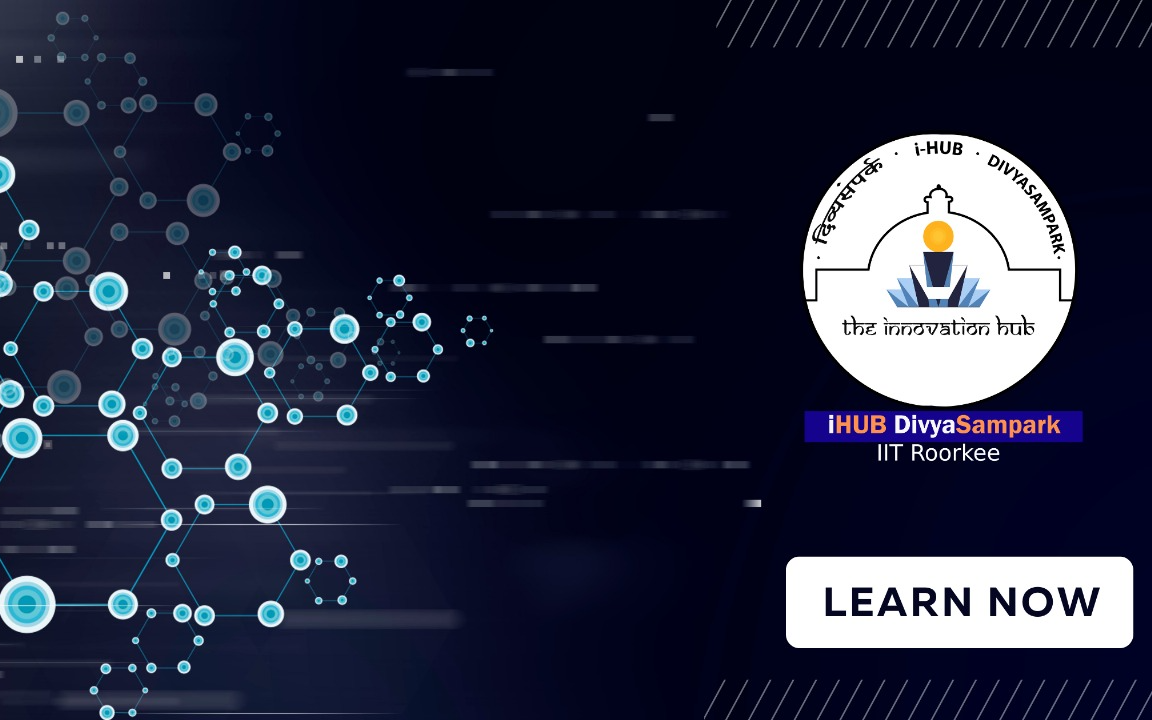
Certificate
Rs. 1,50,000 + GST/-
Executive Certification in RISC-V IP Verification
9 Months
 MAVEN silicon
MAVEN silicon

Certificate
Rs. 2,00,000 + GST/-
Executive Certification in VLSI Design for Testing
9 Months
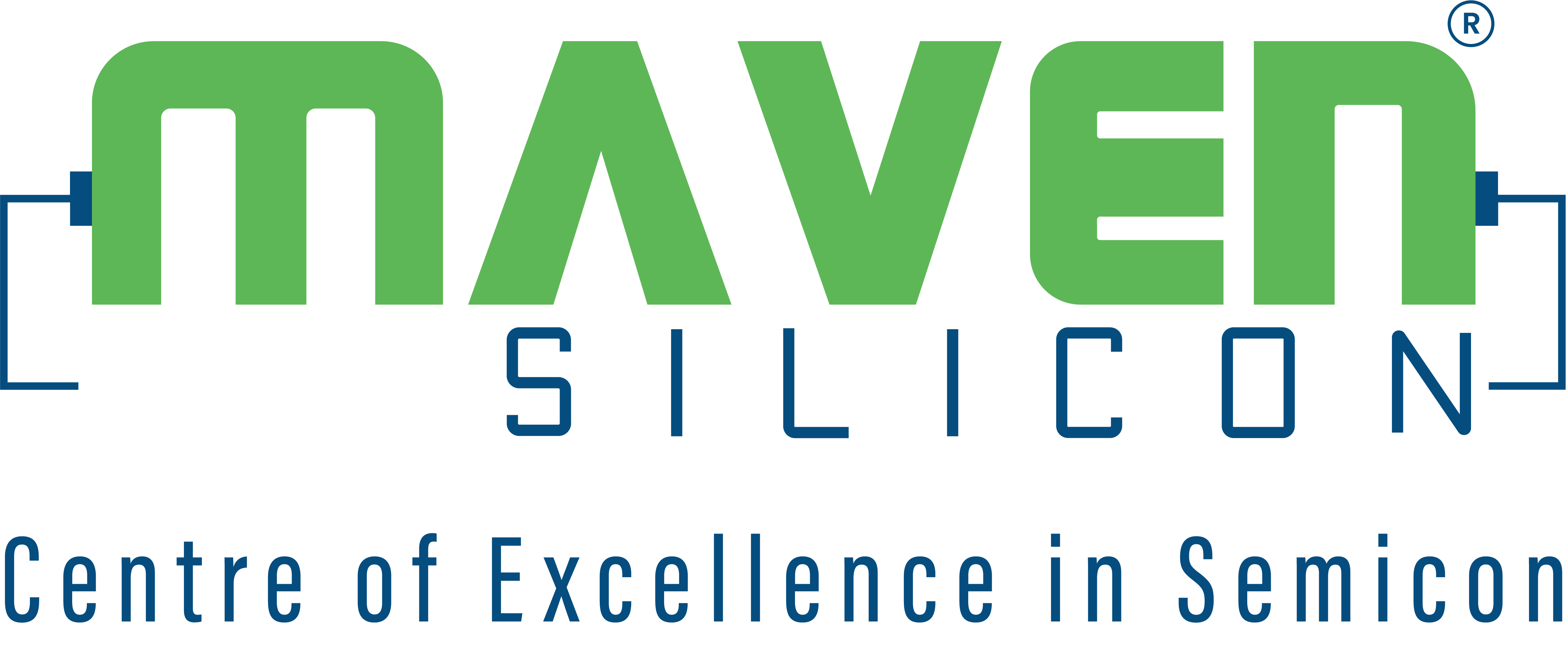 MAVEN silicon
MAVEN silicon
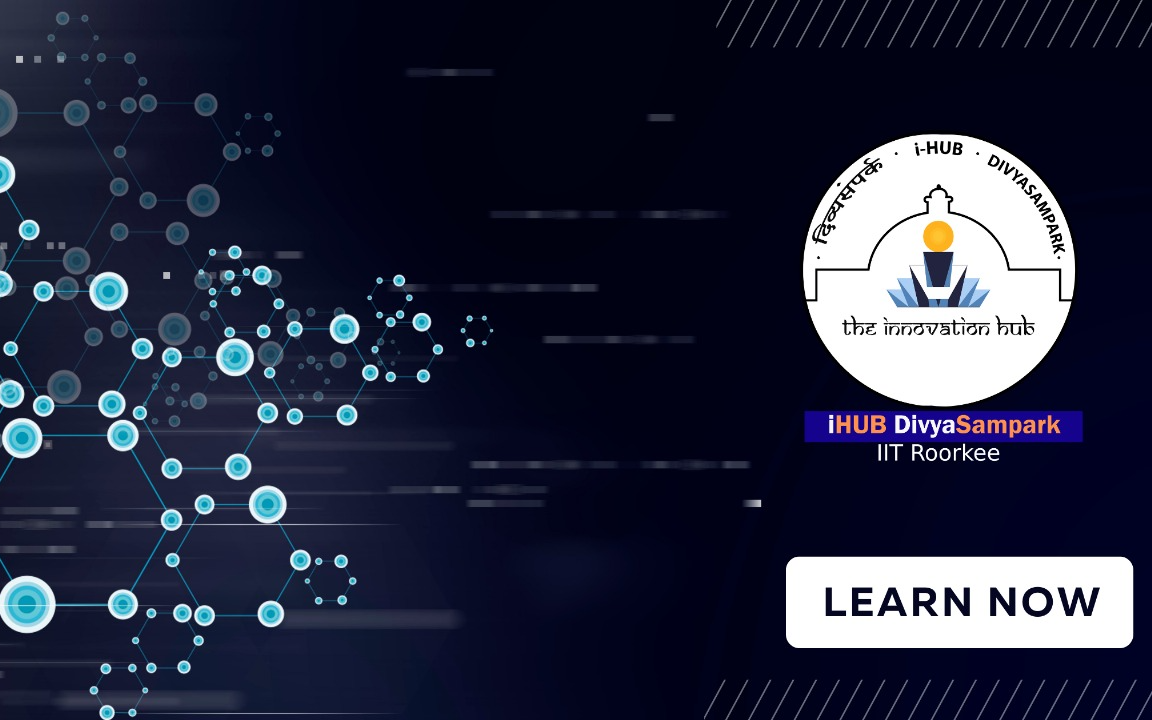
Certificate
Rs. 1,50,024 + GST/-
Executive Post Graduate Certificate Program in Electric Vehicle Design
Online | 12 Months

Certificate
Rs. 1,50,024/-
Executive Post Graduate Certification in AI and Machine Learning
Online | 11 Months
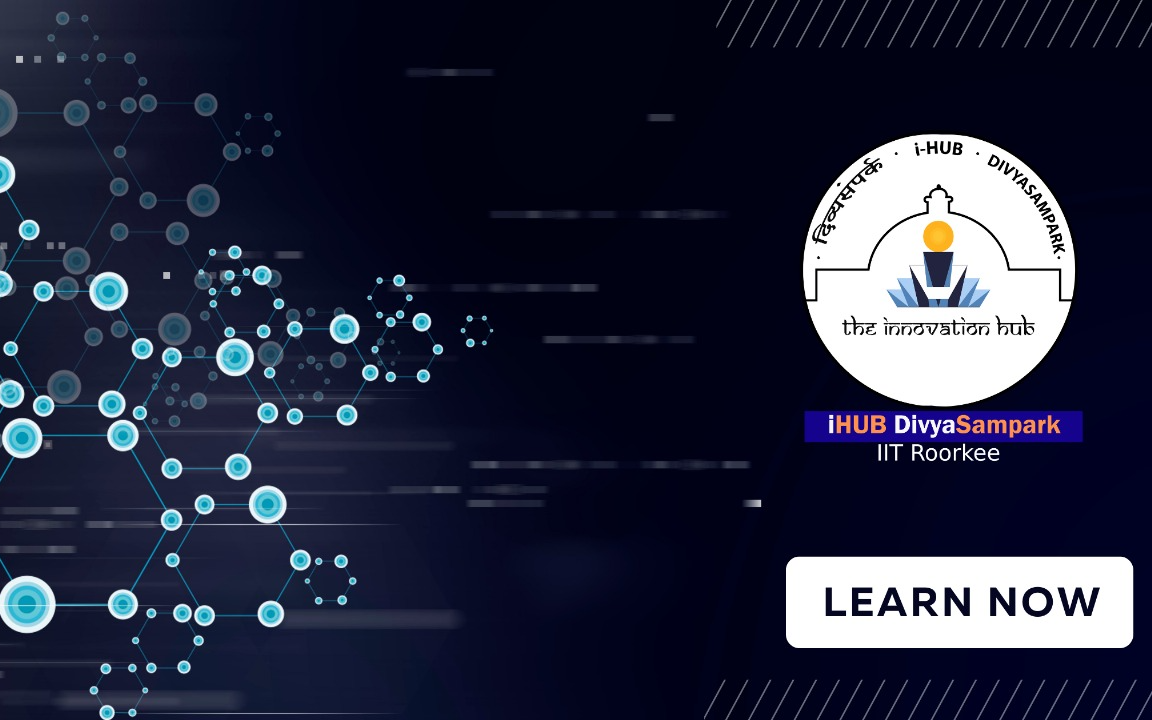
Certificate
Rs. 1,50,024/-
Executive Post Graduate Certification in Cloud Computing and DevOps
Online | 8 Months
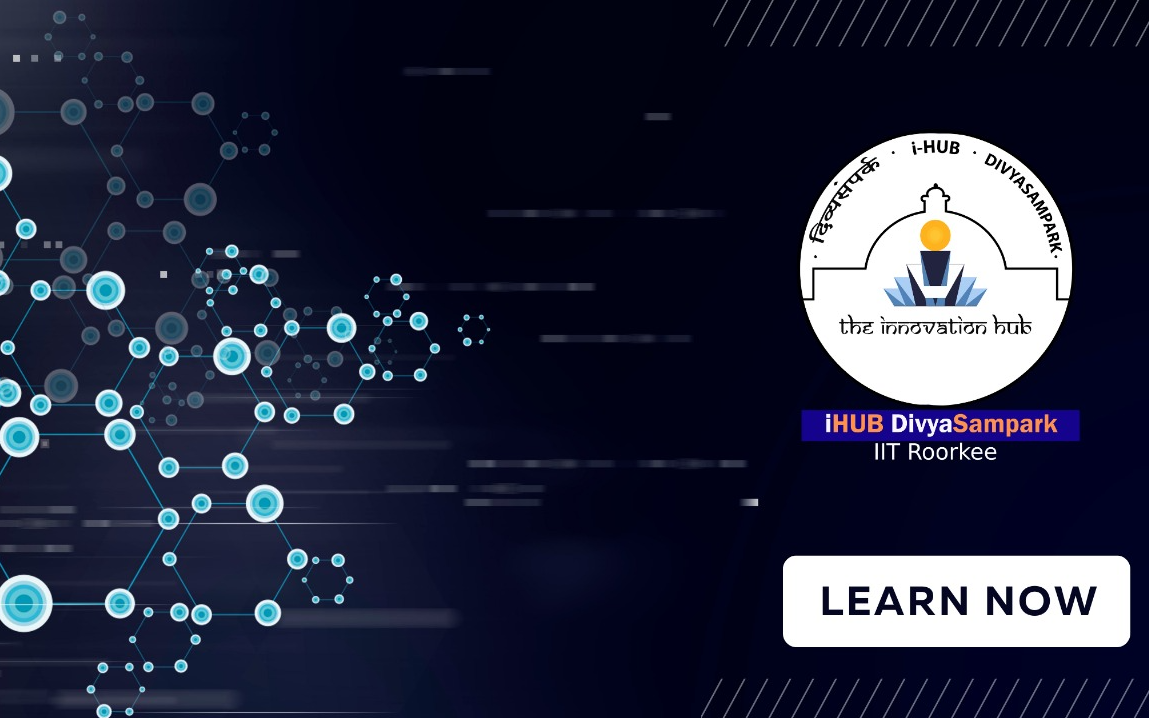
Certificate
Rs. 1,50,024/-
Executive Post Graduate Certification in Cyber Security and Ethical Hacking
Learn from IIT Faculty & Industry Experts with Guaranteed Job Interviews. Campus Immersion at IIT Roorkee.
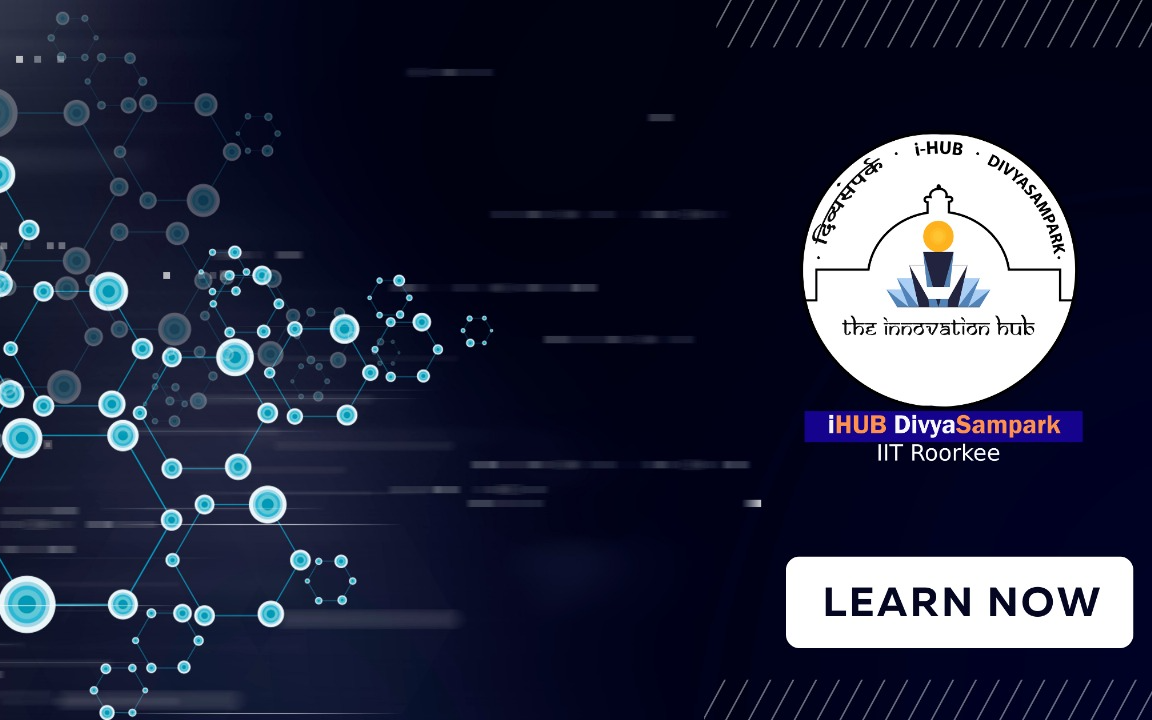
Certificate
Rs. 1,50,024/-
Executive Post Graduate Certification in Data Analytics
Online |11 Months
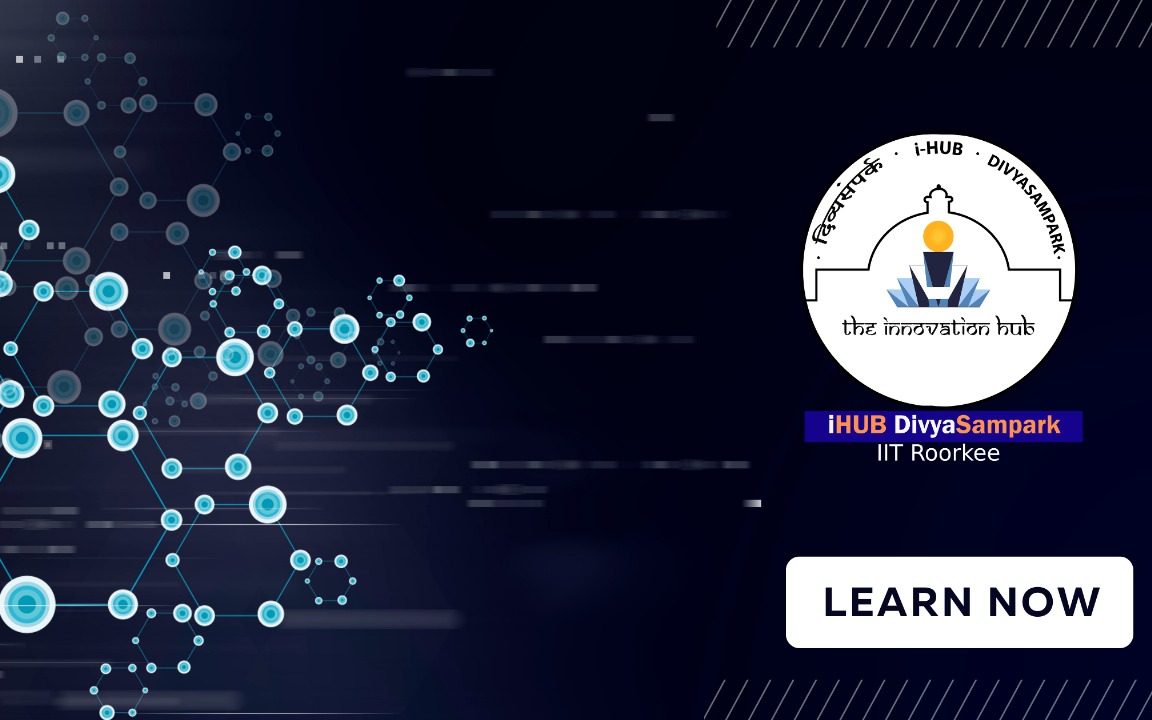
Certificate
Rs. 1,50,024/-
Executive Post Graduate Certification in Data Science & Artificial Intelligence
Online | 11 Months
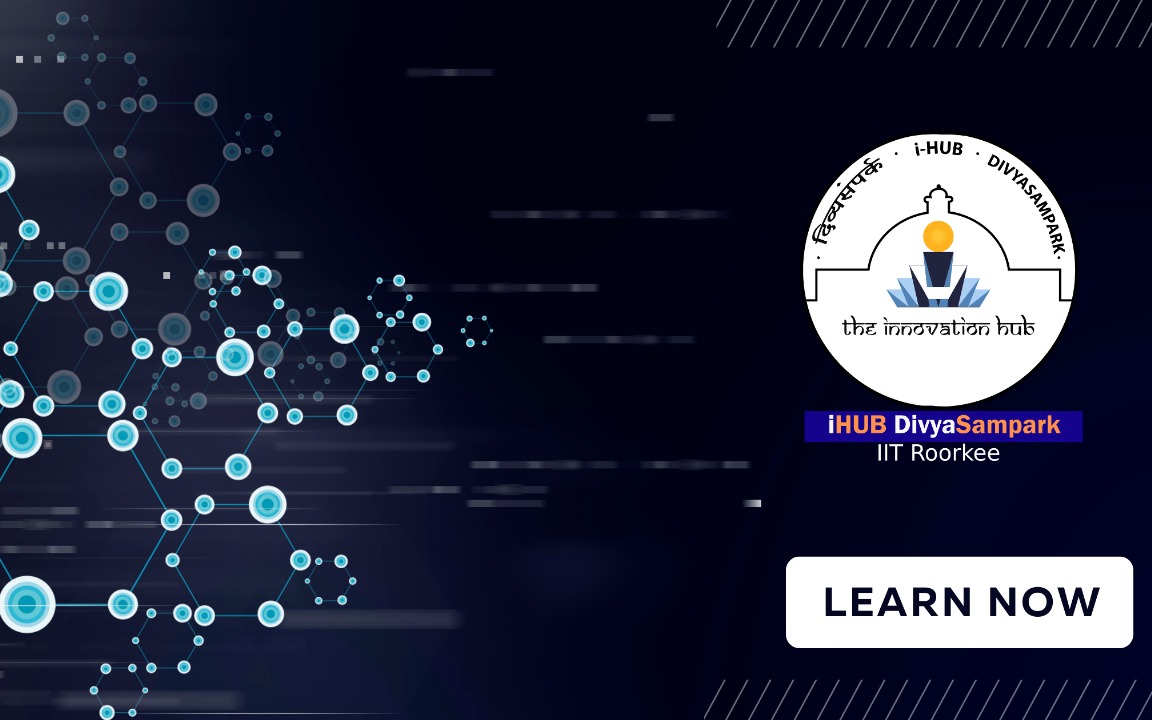
Certificate
Rs. 75,000 + Taxes/-
Executive Post Graduate Certification in Digital Marketing and Analytics
Online | 6 Months

Certificate
Rs. 1,25,001 + GST/-
Executive Post Graduate Certification in Full Stack Web Development
Learn from IIT Faculty & Industry Experts with Guaranteed Job Interviews. Campus Immersion at IIT Roorkee.
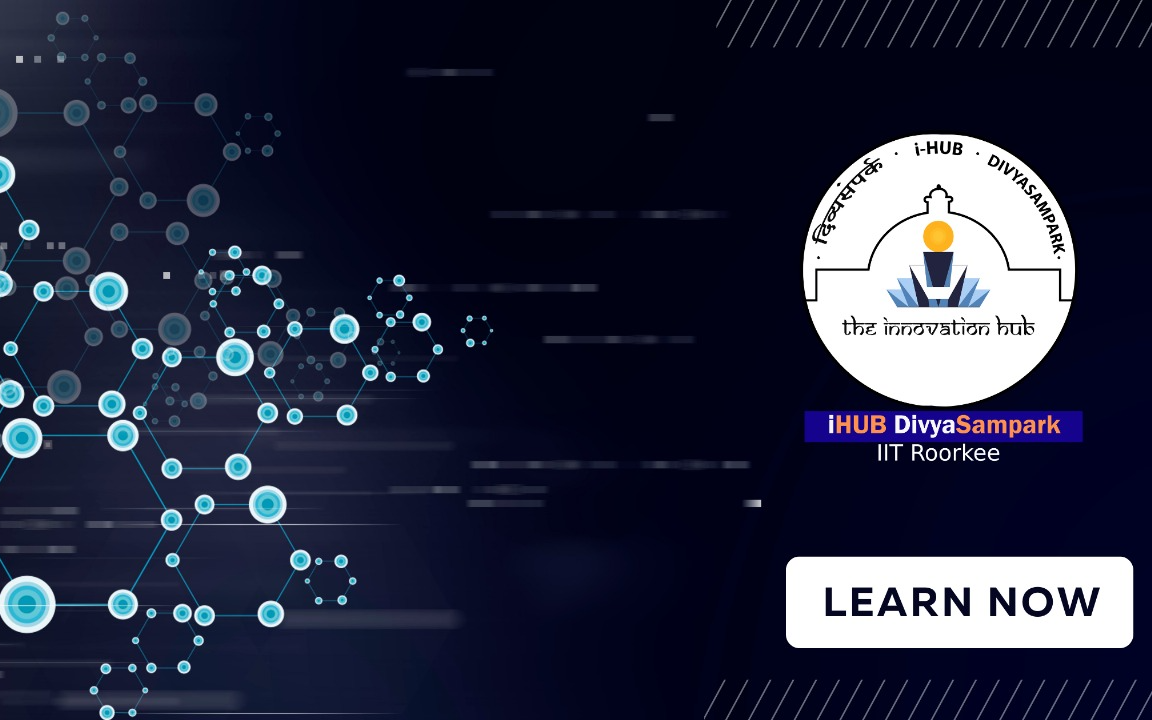
Certificate
Rs. 1,25,001 + GST/-
Executive Post Graduate Certification in UI UX Design
Online | 6 Months
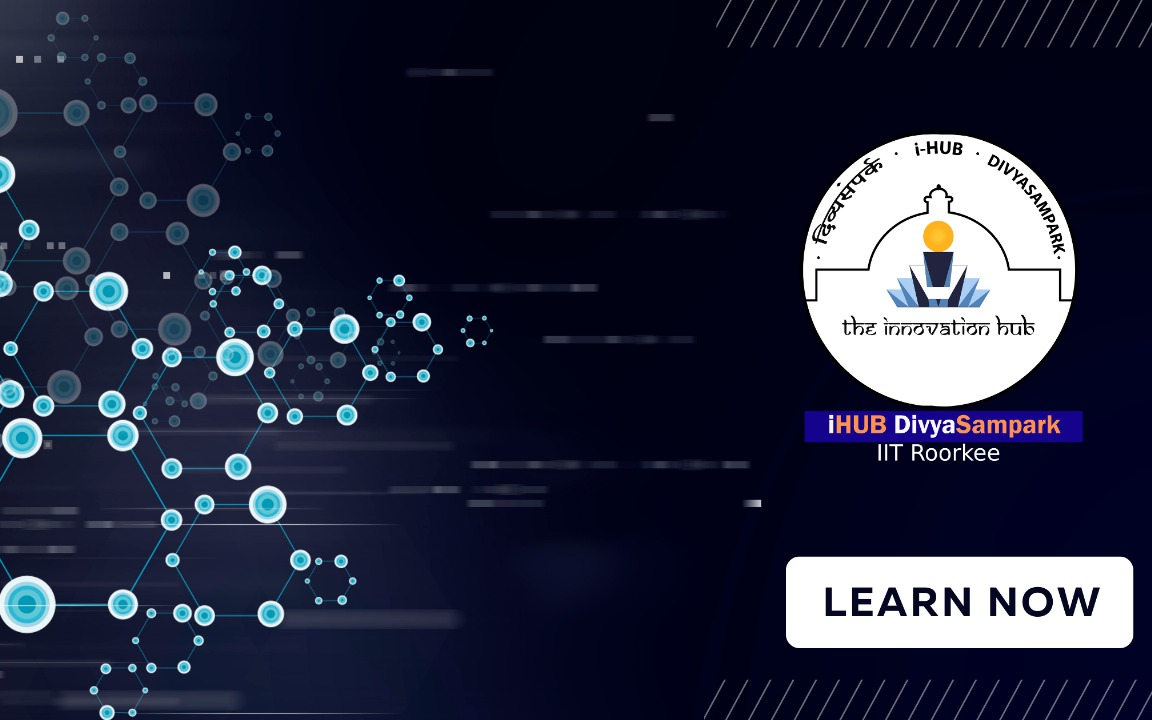
Certificate
Rs. 2,00,000 + GST/-
Executive Post Graduate Certification in VLSI SoC Design and Verification
12 Months
 MAVEN silicon
MAVEN silicon
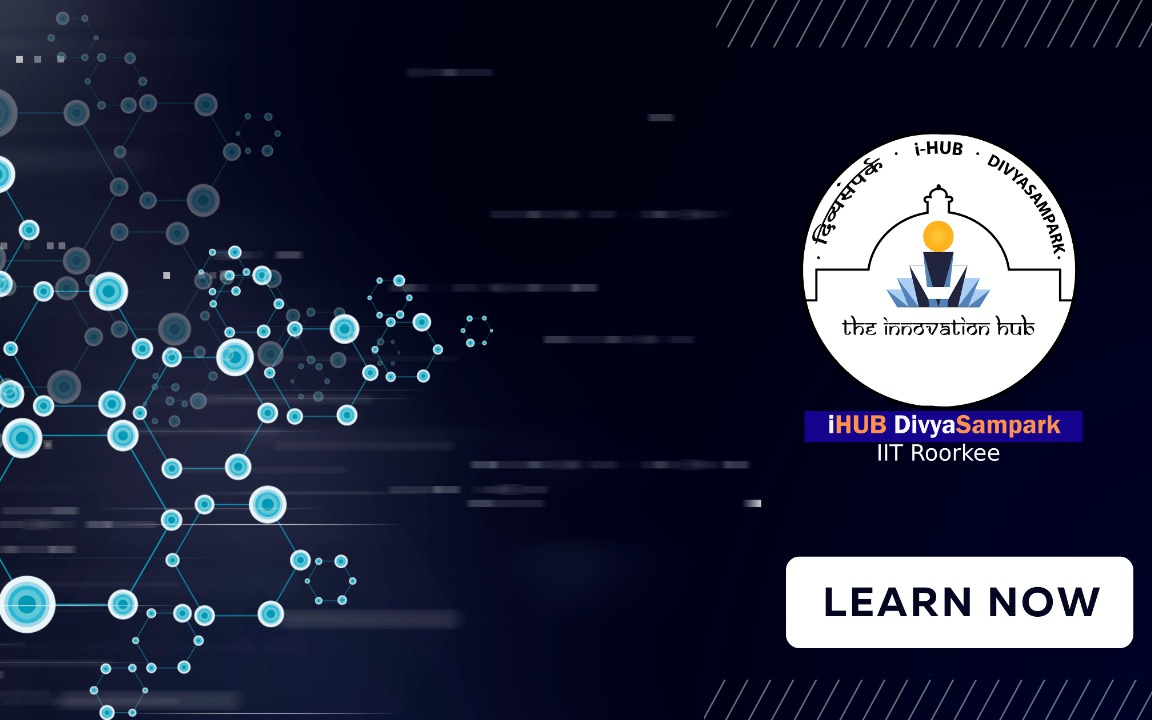
Certificate
Rs. ₹60,000 + GST*/-
Future-Ready Product Management with Applied AI Program
6 Months | 4-5 hours per week
 MASAI
MASAI
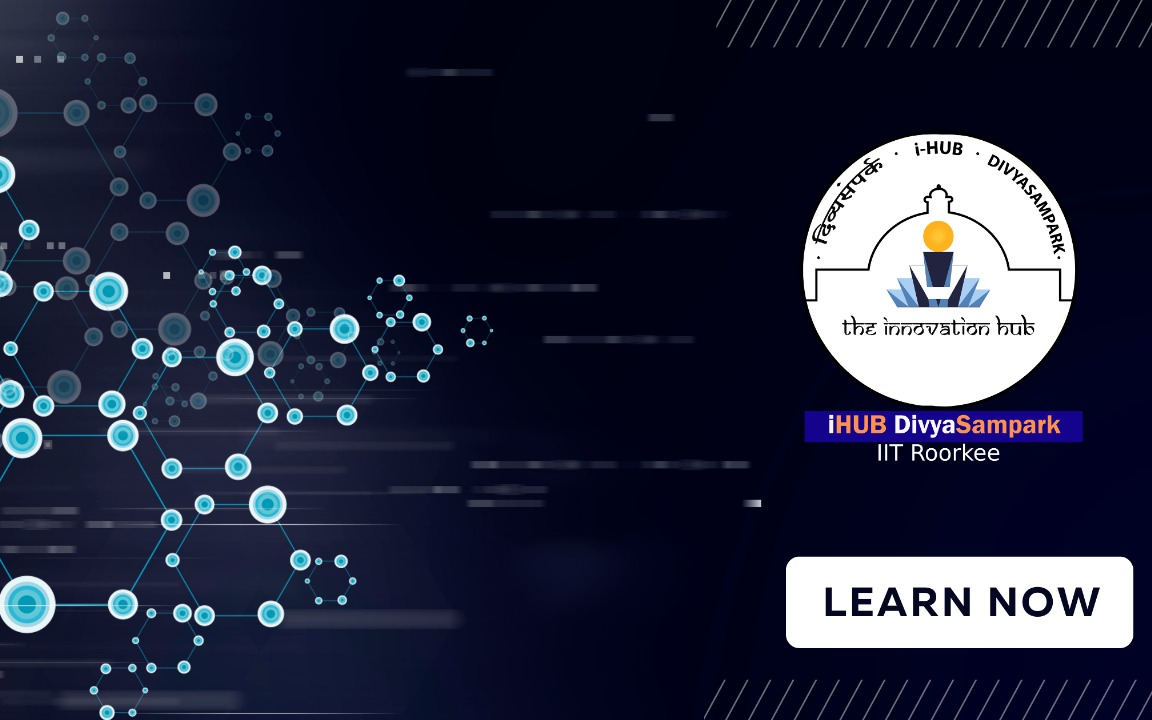
Certificate
Rs. 13,000 (Amount Inclusive of GST)/-
Generative AI & Large Language Model Engineering using Python
Duration: 74 Hours | Mode: Online
 RBPL
RBPL
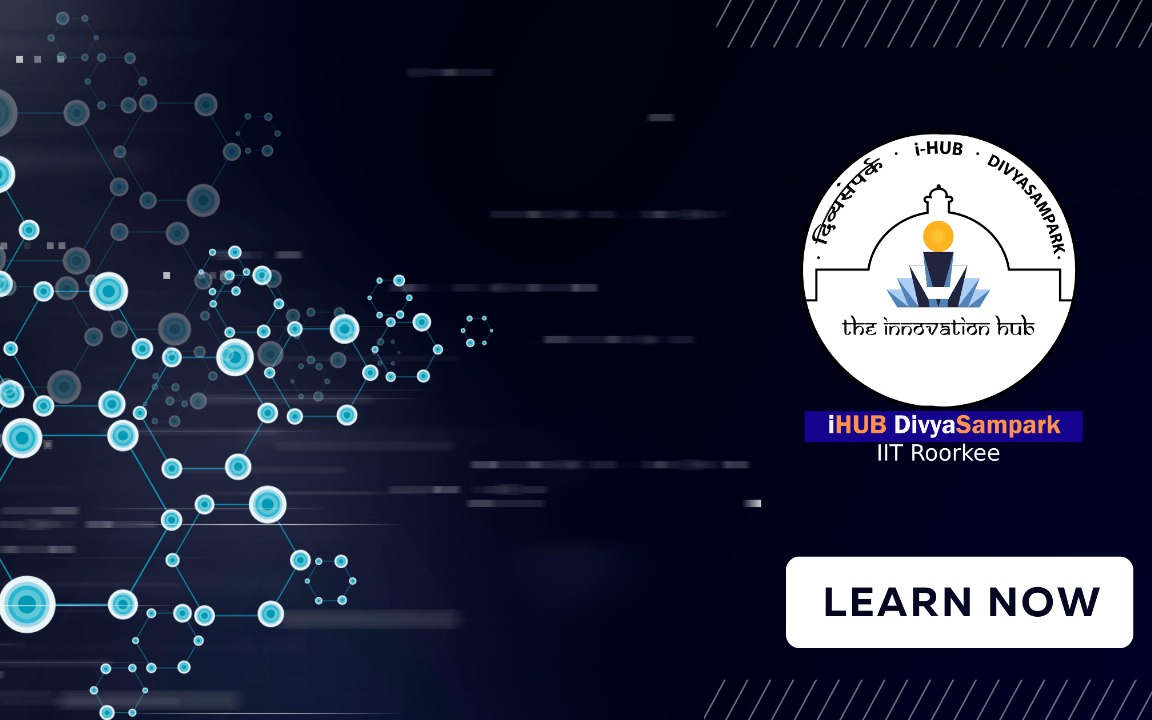
Certificate
Rs. 12,000/- & Rs. 14,000/-
Mastering Data Science: From Basics to Real-World Applications
Duration: 76 Hours | Mode: Online
 RBPL
RBPL

Certificate
Rs. 9,000/-
Mastering Machine Learning with Python
Duration: 64 Hours | Mode: Online
 RBPL
RBPL
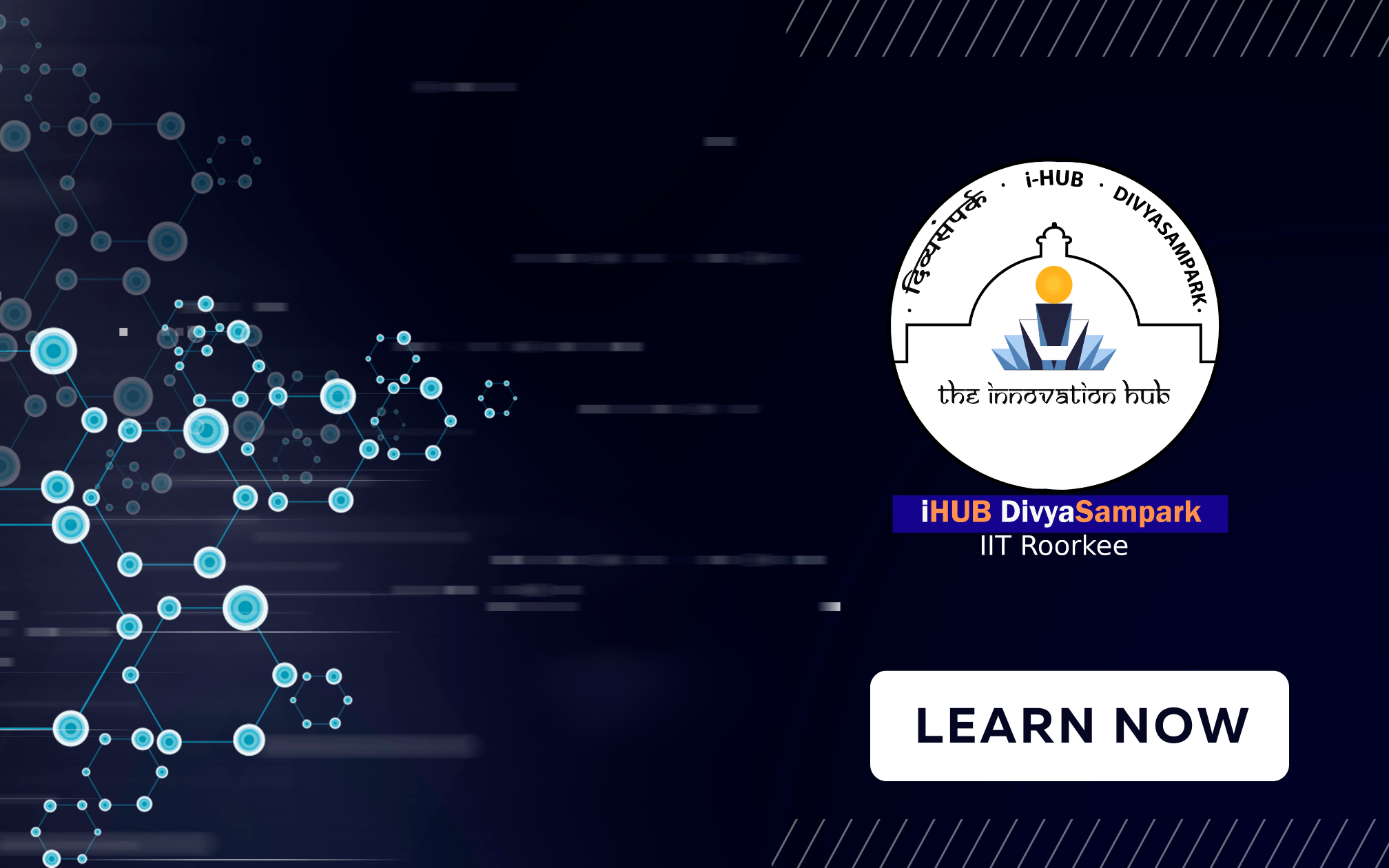
Certificate
Rs. 7500/-
Natural Language Processing: Methods, Models and Applications
Duration: 54 Hours |Mode: Online
 RBPL
RBPL
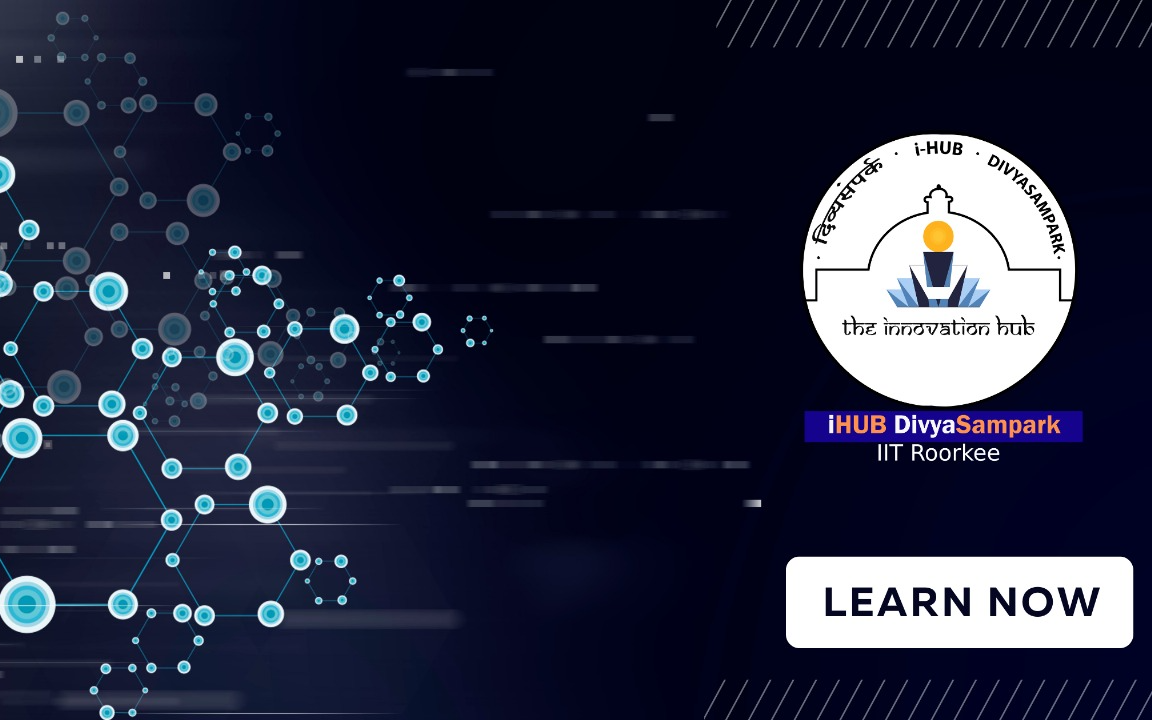
Certificate
Rs. 160,000/-
PG Advance Certification in Architectural BIM
Duration: 8 Months | 150+ hours of Live sessions | Mode: Online
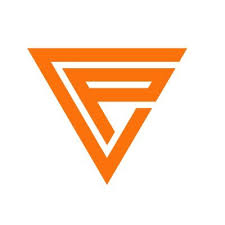 PROTRAINY
PROTRAINY
NEWS & UPDATES
Career Transitions
55% Average Salary Hike
$1,27,000 Highest Salary
800+ Career Transitions
300+ Hiring Partners



